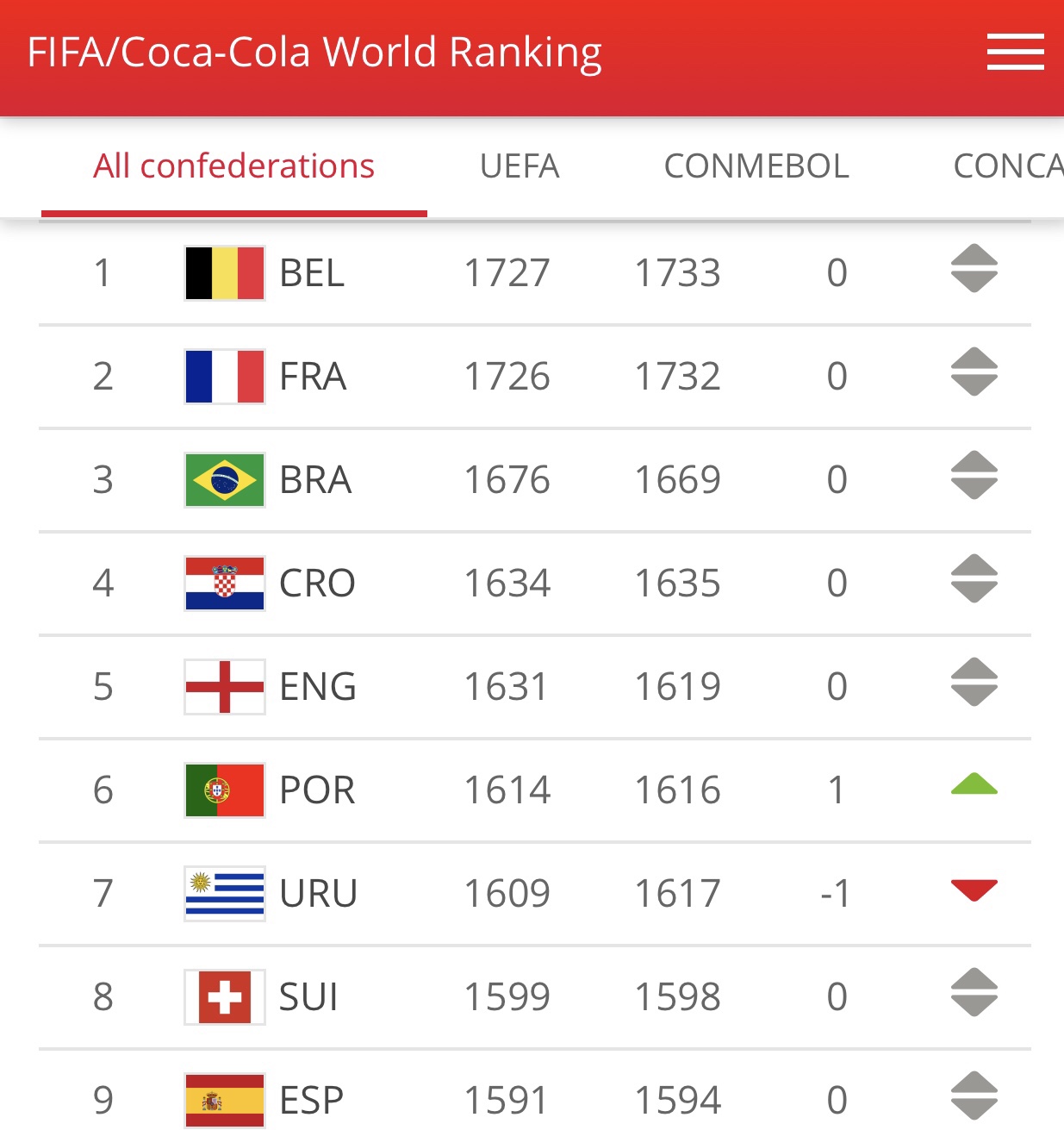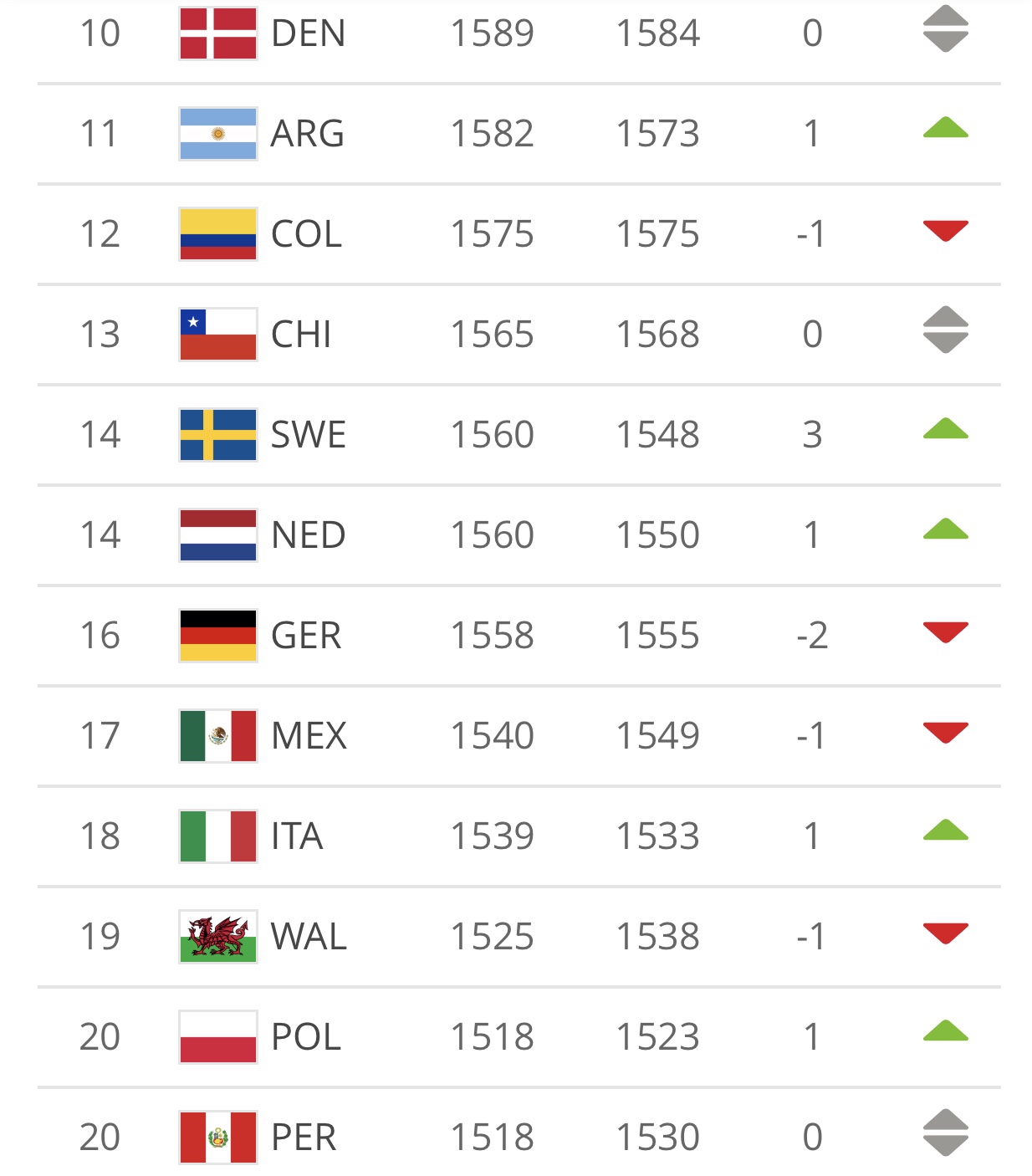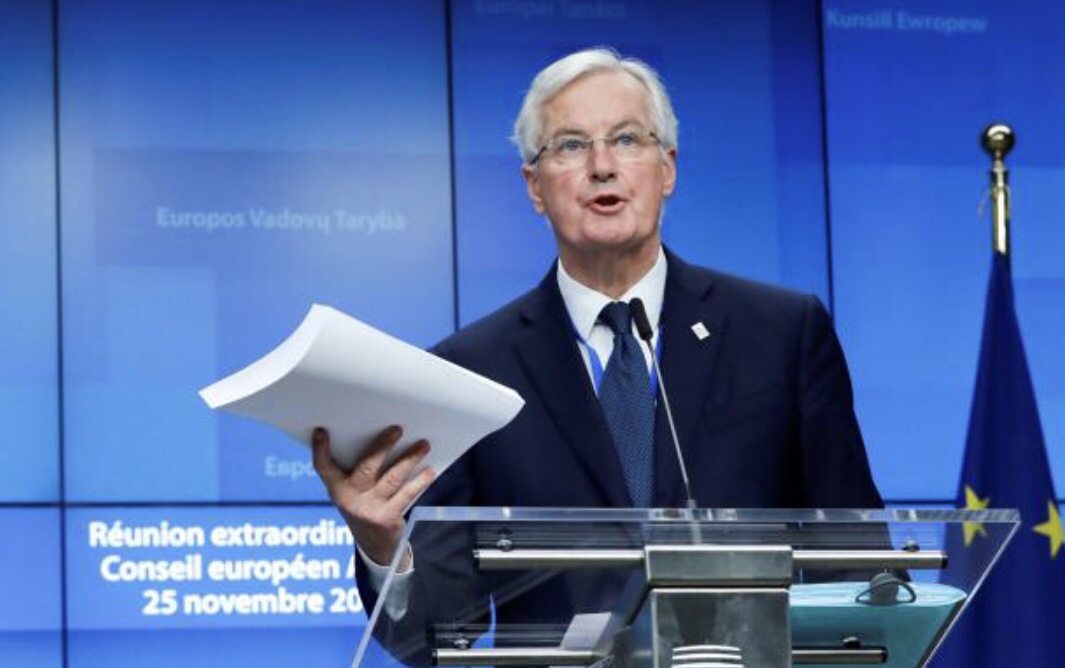Where will he play nest season? 37-year old Swedish superstar Zlatan Ibrahimovic?
 After scoring 22 goals for LA Galaxy in MLS is Zlatan now rumoured for a return to Europe and his old club AC Milan.
After scoring 22 goals for LA Galaxy in MLS is Zlatan now rumoured for a return to Europe and his old club AC Milan.
Sweden is continuing to move up on the FIFA Soccer World Ranking. After having played a quaterfinal in World Cup in Russia this summer, our national team has won the B-group in UEFA Nations League beating Russia and Turkey advancing to the top nations A level.


We are now ranked as number 14 in the world on the same rank as Netherlands and ahead of countries like Germany, Italy and Mexico on the ranking. A great achievement.
The European Union’s Brexit negotiator Michel Barnier told Britain on Thursday the Brexit deal the bloc agreed with Prime Minister Theresa May was the only one possible.
Barnier was speaking to a nearly-empty EU parliament chamber as the bloc awaits the verdict from London where May is trying to sell the deal to her divided parliament, which will vote on it on Dec. 11. The EU insists the Brexit accord sealed after 18 months of talks will not be renegotiated.

“Given the difficult circumstances of this negotiation and given the extreme complexity of all the issues of the British withdrawal, the deal that is on the table … this deal is the only one and the best possible,” Barnier said.
Now is the time for ratification,” he said.
The Bank of England said on Wednesday Britain risked suffering an even bigger hit to its economy than during the global financial crisis 10 years ago if it left the EU without a deal in four months’ time.
“It’s not a question of winners and losers because Brexit is a lose-lose. There is no added value,” Barnier said.
“I am convinced we will be able to work together for a real and unprecedented partnership,” he said of Britain’s future relationship with the EU, talks on which will start after Brexit day on March 29, 2019.
During the EU parliamentary debate on Thursday, Brexit campaigner Nigel Farage said May’s deal would be voted down in the British parliament as “the worst deal in history”.
Barnier received much praise from EU MPs on Thursday for his handling of the Brexit negotiations, a sentiment shared in many EU quarters, beefing the Frenchman’s chances should he run for the top job in the bloc next year.
Source: Reuters






You must be logged in to post a comment.